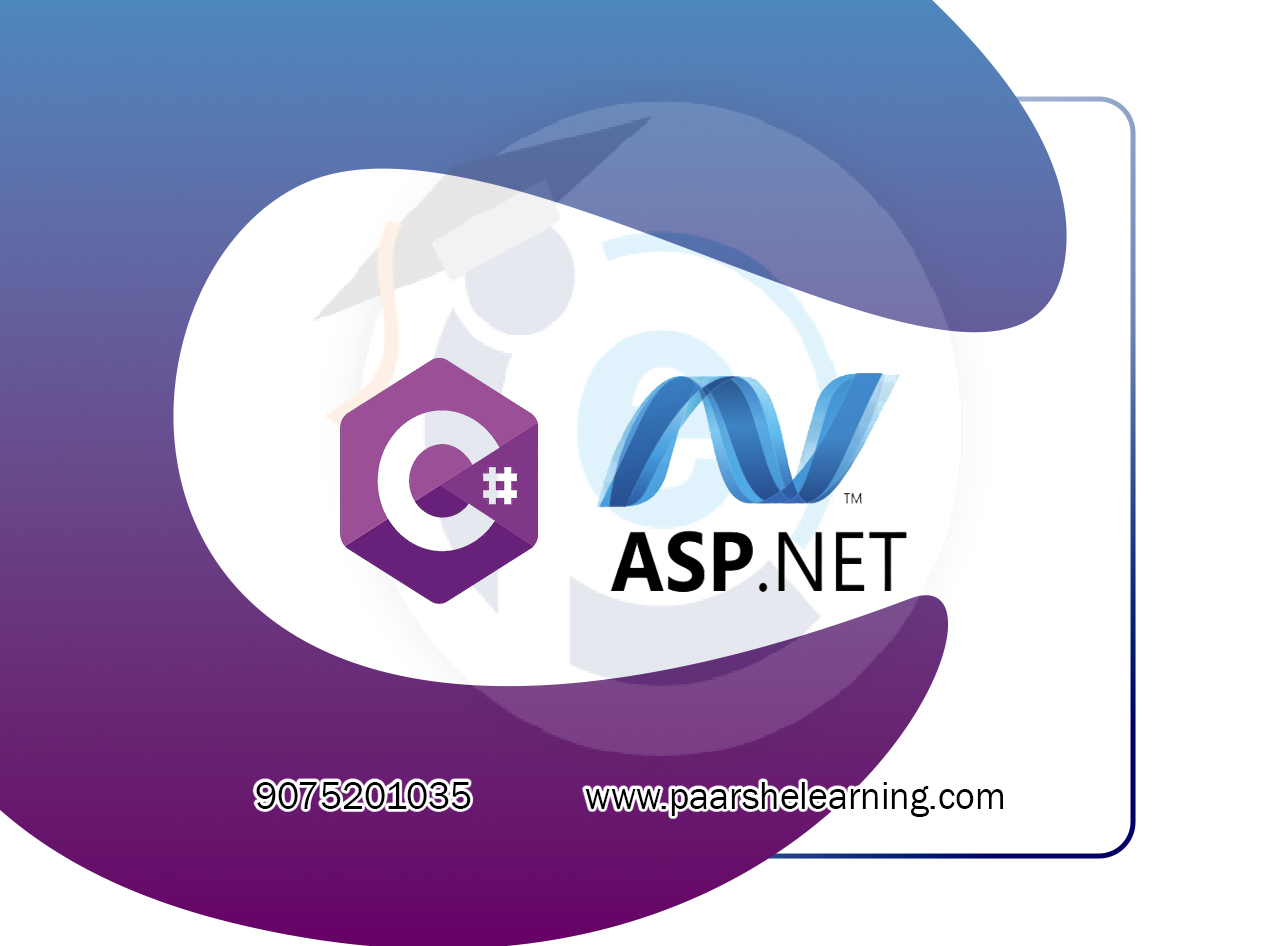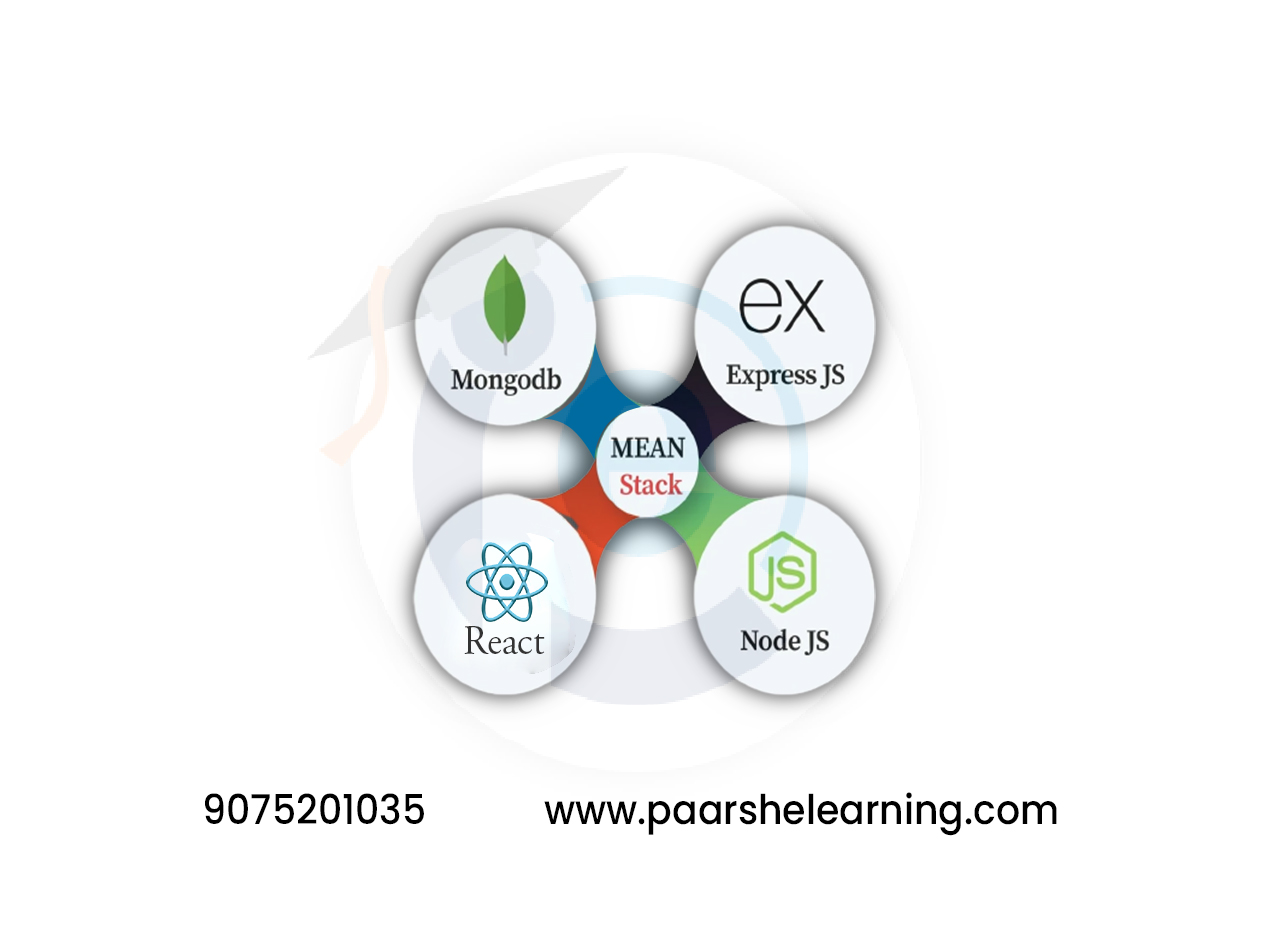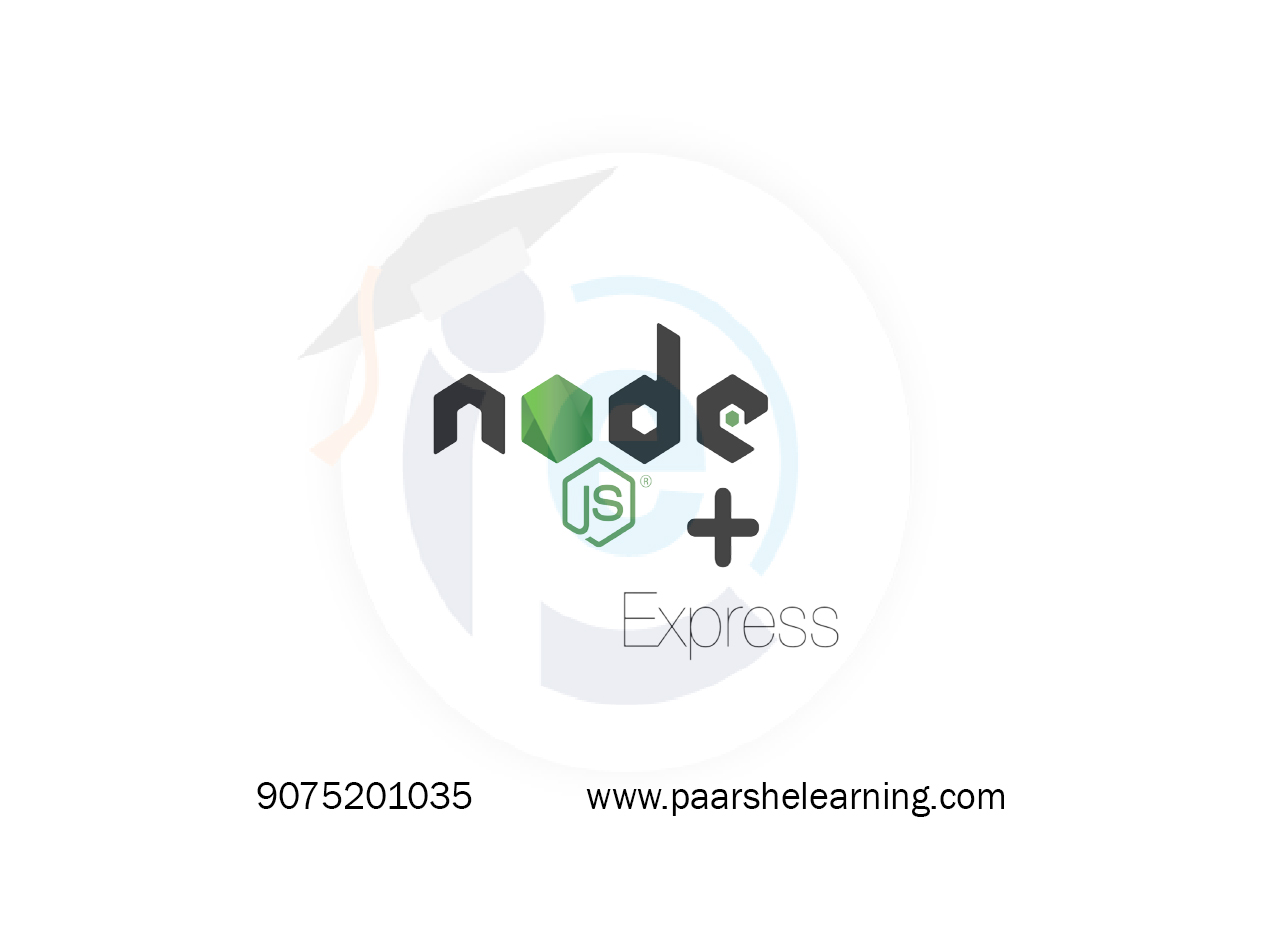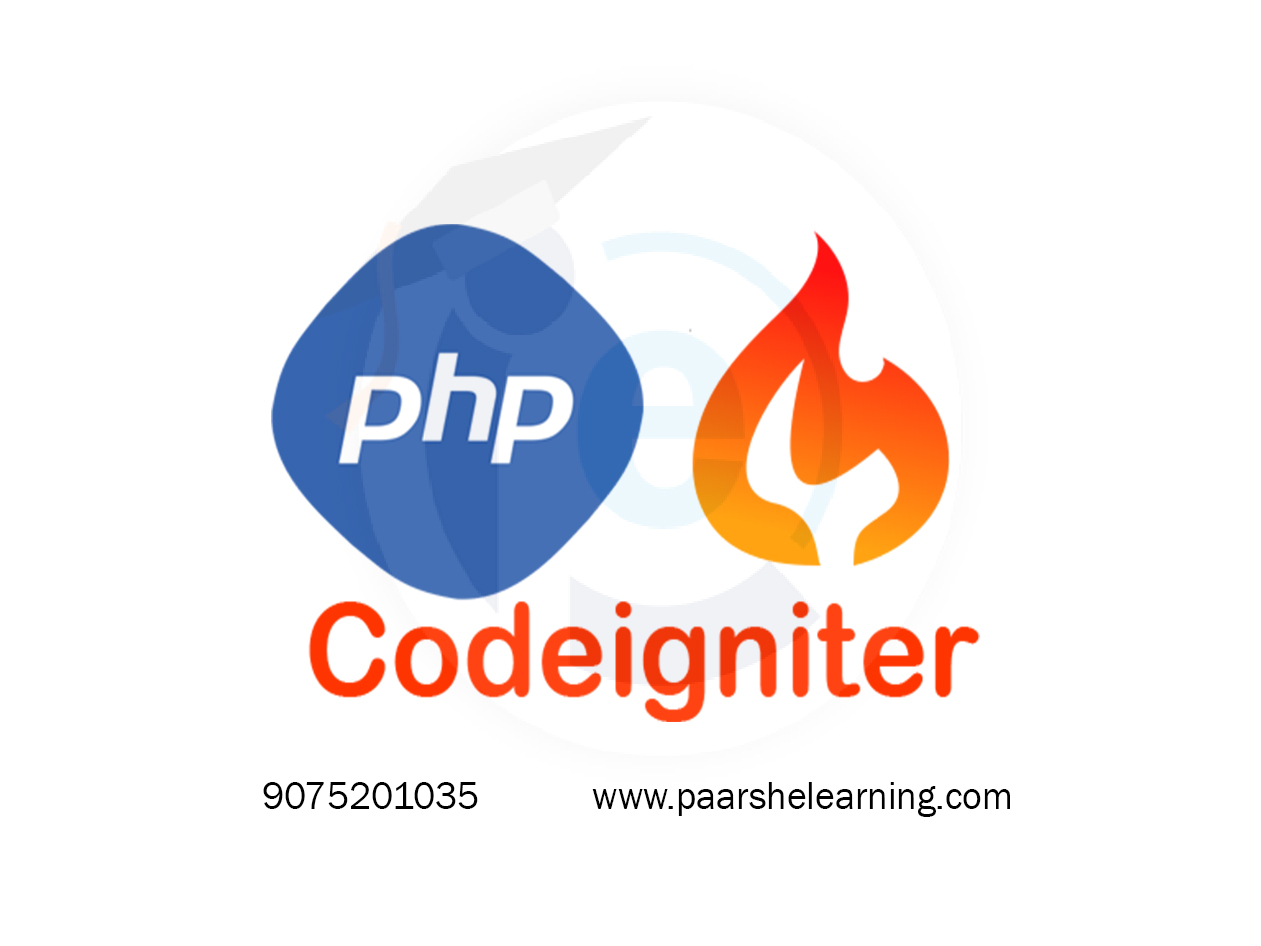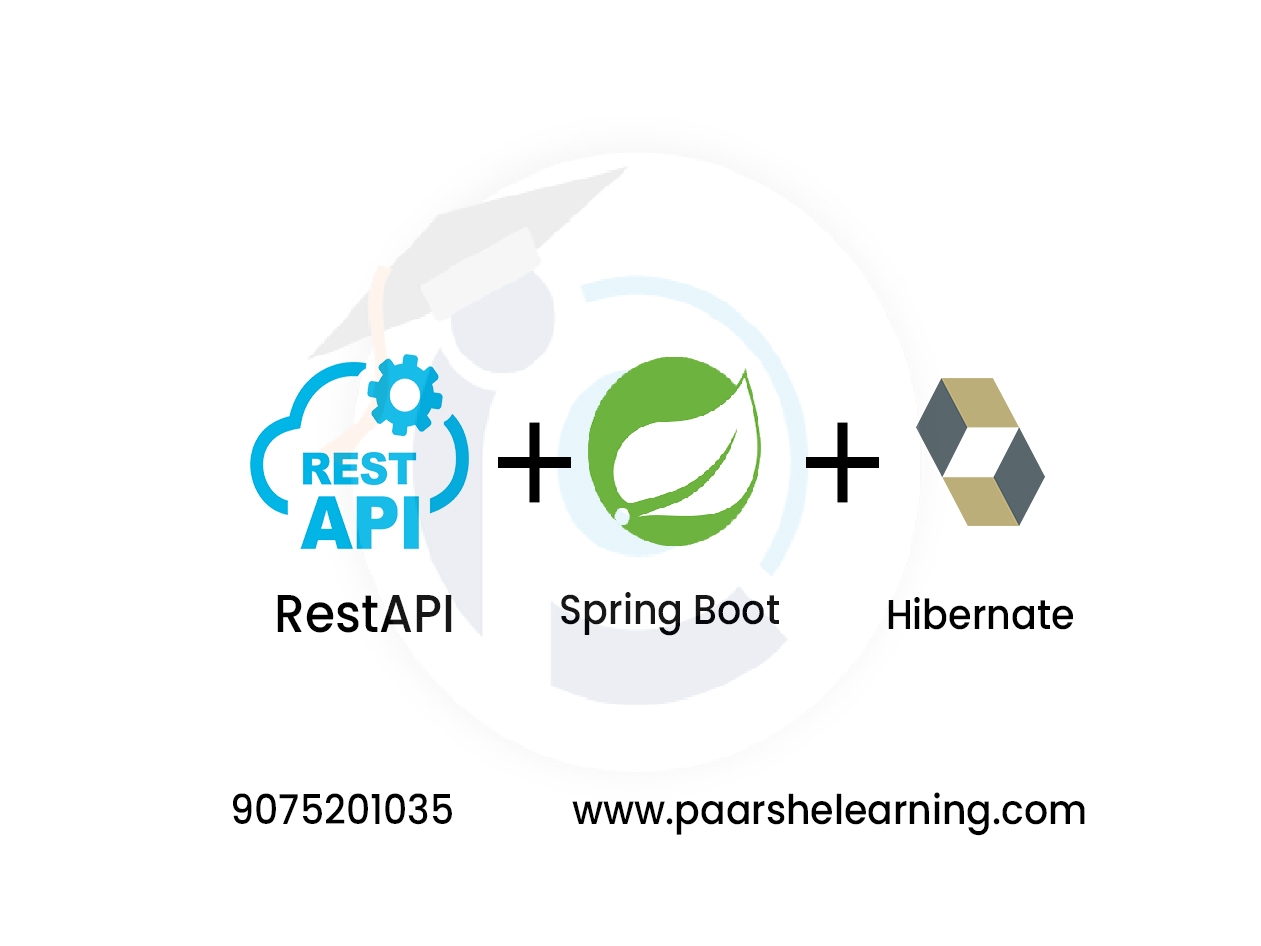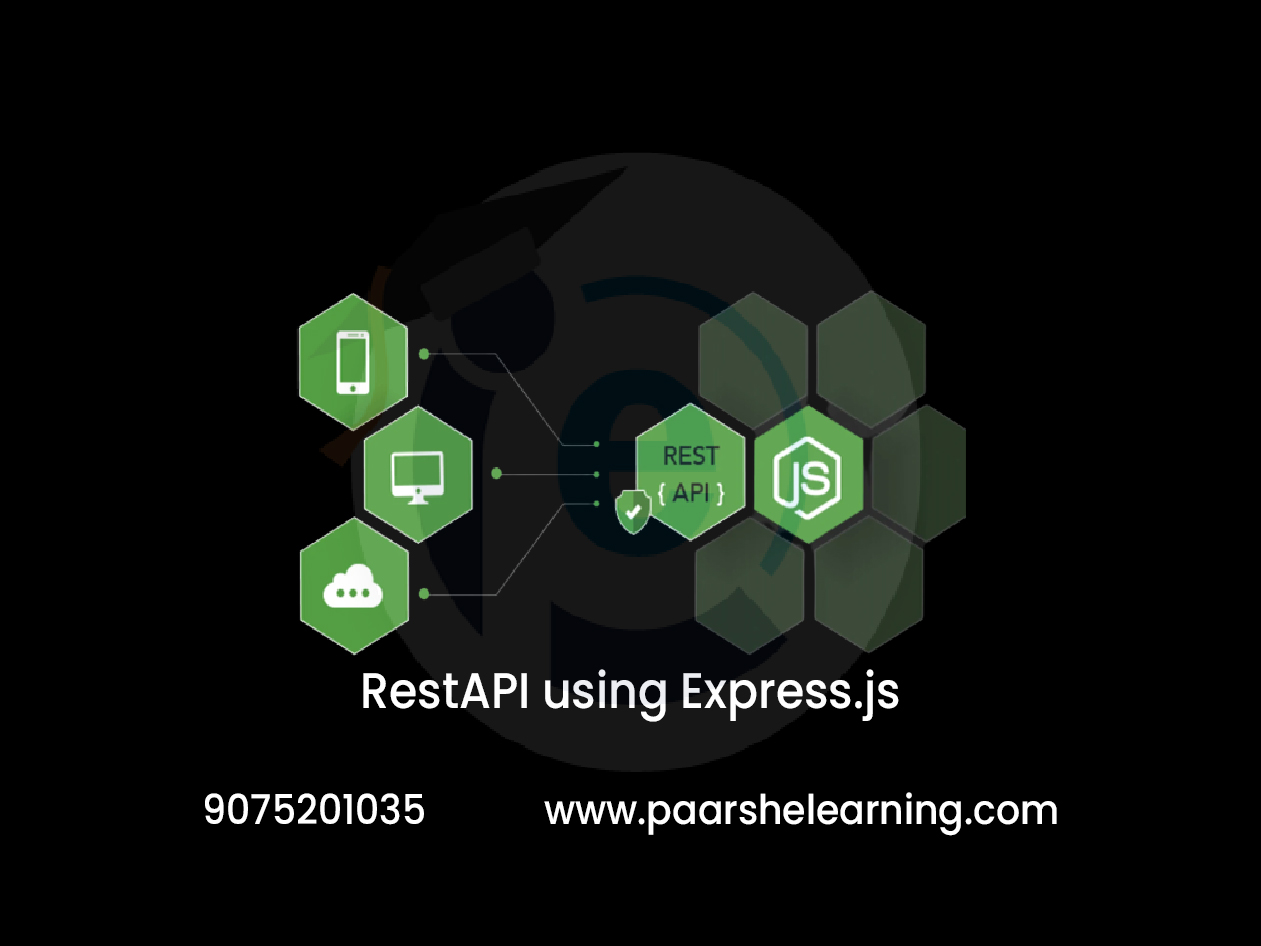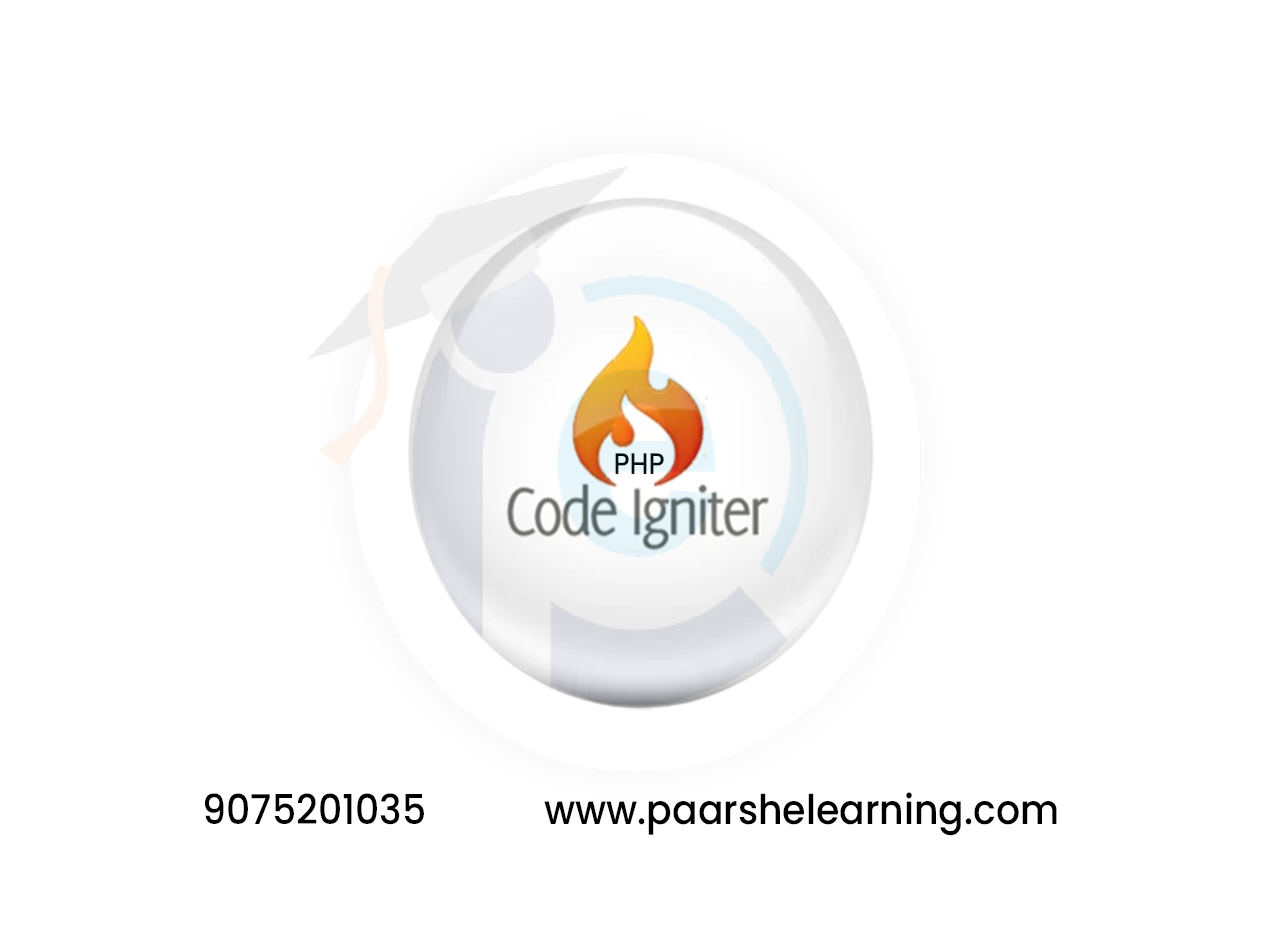- C# programming basics: You will learn the syntax and structure of the C# programming language, including data types, variables, control structures, and functions.
- Object-oriented programming concepts: You will learn the principles of object-oriented programming, including encapsulation, inheritance, and polymorphism. These concepts are essential for building scalable and maintainable software applications.
- .NET framework basics: You will learn about the components of the .NET framework, including the common language runtime (CLR), the base class library (BCL), and the class hierarchy.
- ASP.NET web application development: You will learn how to use ASP.NET to build web applications, including creating web pages, handling user input, and accessing data from a database.
- MVC architecture: You will learn how to use the Model-View-Controller (MVC) architecture to build scalable and maintainable web applications.
C# ASP.Net
Course description
C# ASP.NET is a popular framework for building web applications using the C# programming language. If you're interested in learning C# ASP.NET, here are some key areas you can focus on:
-
C# Programming Language: Develop a strong understanding of the C# programming language. Learn about variables, data types, control structures, classes, objects, inheritance, polymorphism, and other object-oriented programming (OOP) concepts. Familiarize yourself with C# syntax and coding conventions.
-
.NET Framework: Get familiar with the .NET Framework, which provides a set of libraries and tools for building various types of applications. Understand the different components of the .NET Framework, including the Common Language Runtime (CLR), the Base Class Library (BCL), and the .NET class libraries.
-
ASP.NET Web Forms: Learn about ASP.NET Web Forms, which allows you to create web applications using a server-side event-driven model. Understand the concept of server controls, form validation, data binding, state management, and handling user input. Explore the ASP.NET Web Forms page lifecycle and familiarize yourself with the controls and components available.
-
ASP.NET MVC: Gain knowledge of ASP.NET MVC (Model-View-Controller), which follows the MVC architectural pattern for building web applications. Learn how to define models, views, and controllers, and understand the separation of concerns provided by the MVC pattern. Explore routing, data validation, and data access using ASP.NET MVC.
-
ASP.NET Web API: Understand how to build RESTful APIs using ASP.NET Web API. Learn about creating API controllers, defining routes, handling requests and responses, and implementing authentication and authorization in your API.
-
Entity Framework: Explore Entity Framework, an object-relational mapping (ORM) framework provided by Microsoft. Learn how to work with databases using Entity Framework, including creating models, querying data, and performing database operations using LINQ (Language Integrated Query).
-
ASP.NET Core: Familiarize yourself with ASP.NET Core, the cross-platform, open-source successor to ASP.NET. Understand the differences and improvements introduced in ASP.NET Core compared to earlier versions. Learn how to create web applications using the ASP.NET Core framework, including building APIs, using dependency injection, and working with Razor views.
-
Authentication and Authorization: Gain knowledge of authentication and authorization in C# ASP.NET. Understand different authentication mechanisms like forms-based authentication, Windows authentication, and token-based authentication. Explore authorization techniques to restrict access to specific resources in your application.
-
Data Access: Learn how to work with databases in C# ASP.NET. Understand different data access approaches like ADO.NET, Entity Framework, and LINQ to SQL. Explore techniques for reading and writing data, querying databases, and implementing data access best practices.
-
Deployment and Hosting: Understand the process of deploying and hosting C# ASP.NET applications. Learn how to publish your application to a web server, configure IIS (Internet Information Services), and manage the deployment process effectively.
What you will learn from this course?
This course includes!
- Daily Live session
- A recorded session with problem-solving material
- Access on Mobile and TV
- Certificate of completion
- Recommendation Letter
- 100% Job Placements
This course is for
- Beginner programmers who are new to web development: If you have some programming experience but are new to web development, a C# ASP.NET course can be a great way to learn how to build dynamic web applications.
- Web developers who want to learn a new technology stack: If you are a web developer who is familiar with other web development technologies such as PHP, Ruby on Rails, or Python, a C# ASP.NET course can help you learn a new technology stack and expand your skillset.
- IT professionals who want to develop enterprise-level applications: If you are an IT professional who wants to develop enterprise-level applications, a C# ASP.NET course can provide you with the knowledge and skills you need to build scalable, reliable, and secure web applications.
- Intermediate C# programmers interested in learning about Design Patterns to improve their coding prowess.
- Anyone who is interested in learning how to build web-based applications, mobile apps, or desktop software using C# ASP.NET.
Prerequisites for this course
- Intermediate C# programmers interested in learning about Design Patterns to improve their coding prowess.
C# Asp.net Syllabus
-
Introduction To C# And Asp.net
Overview of C# programming language Setting up the development environment (Visual Studio) Writing, compiling, and running your first C# program Introduction to ASP.NET and its components
-
C# Language Fundamentals
Variables, data types, and operators in C# Control structures: if-else, switch, loops Methods, functions, and parameter passing Exception handling in C#
-
Object-oriented Programming (oop) In C#
Understanding OOP principles (encapsulation, inheritance, polymorphism) Defining and using classes and objects Constructors, properties, and methods in classes Inheritance and interfaces in C#
-
Introduction To Asp.net Web Forms
Creating ASP.NET Web Forms projects Understanding the ASP.NET Page Lifecycle Working with server controls (textboxes, buttons, etc.) Handling events and postbacks
-
Data Binding And Validation
Using data binding to display and manipulate data Implementing form validation using validation controls Client-side and server-side validation Working with data sources and data controls
-
State Management And Master Pages
Managing state using cookies, session, and view state Understanding ASP.NET master pages Creating consistent layouts using master pages Using themes and skins for consistent styling
-
Asp.net Mvc And Routing
Introduction to ASP.NET MVC architecture Creating controllers and actions Implementing routing for clean URLs Using model binding and Razor views
-
Security And Deployment
Implementing authentication and authorization Understanding security vulnerabilities and best practices Deploying ASP.NET applications to hosting environments Final project: Building a complete web application using C# ASP.NET
-
Paarsh E-Learning encourages hands-on practice, assignments, and projects throughout the course to reinforce students' understanding of C# ASP.NET concepts. Assign practical exercises that involve building web applications, working with databases, and implementing various features of ASP.NET. Cover both theoretical concepts and practical applications to provide a well-rounded learning experience.
